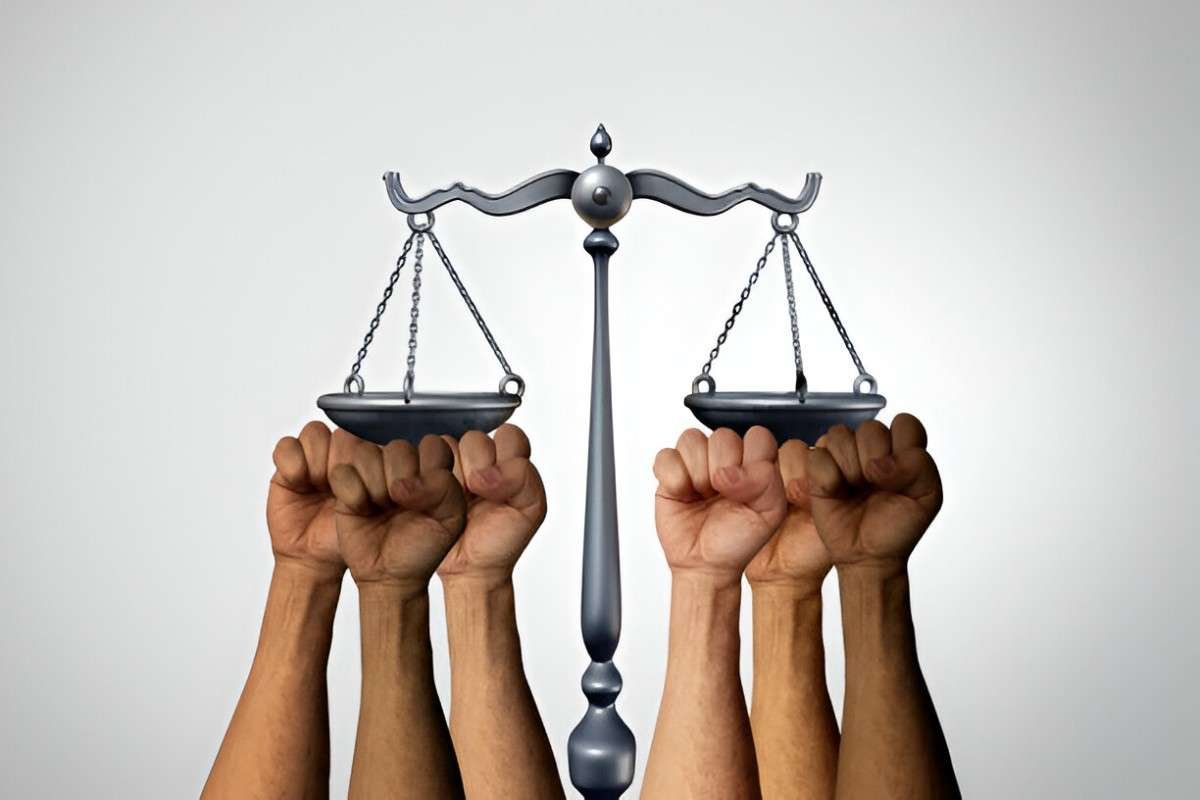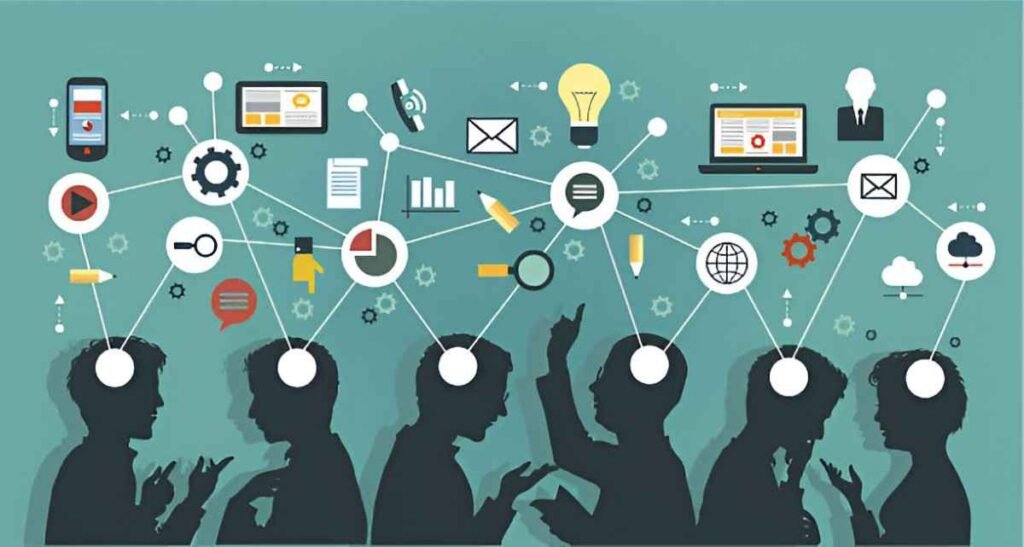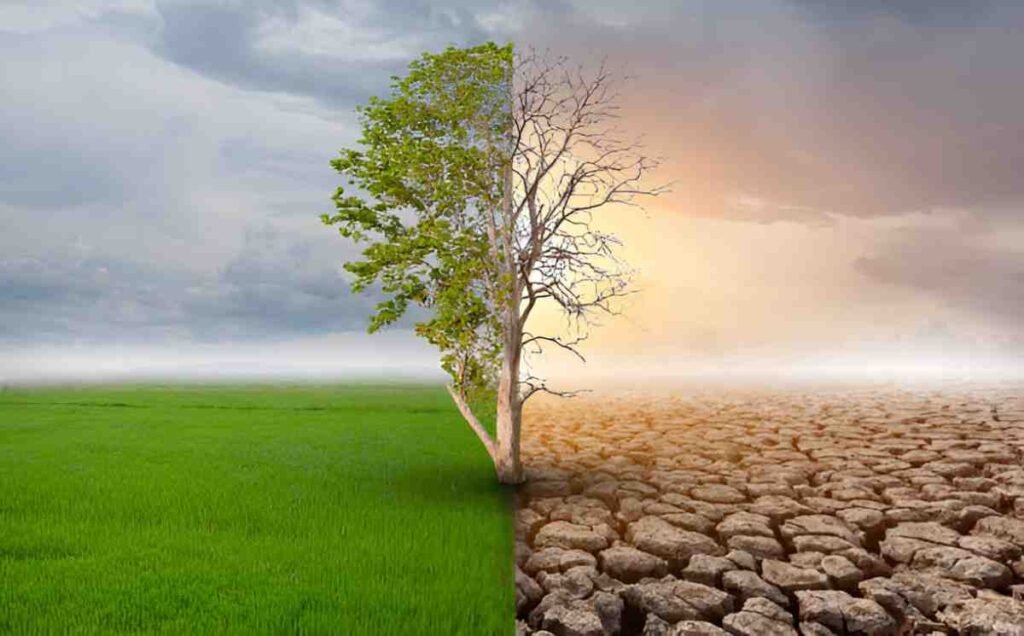Social justice remains an ever-present challenge and opportunity, presenting both challenges and possibilities for meaningful reform. By exploring this subject matter further, I intend to address current social justice concerns while outlining steps we can take toward building more inclusive societies. Through critical analysis, this analysis will cover different angles that emphasize understanding and action taken.
Table of Contents
Understanding Social Justice
Defining Social Justice
Social justice refers to the equitable distribution of resources, opportunities, and privileges within society. This involves addressing any disparate distribution that arises due to race, gender, socioeconomic status, or any other factor; ultimately aiming at making sure each individual can access equal opportunities with dignity in life.
Historical Context
To gain an in-depth knowledge of current social justice challenges, it’s vitally important to appreciate their historical roots. Many contemporary challenges stem from longstanding inequalities and systemic discrimination; examples being slavery/segregation within America continuing to impact African American communities while colonialism’s effects still feel globally, contributing to ongoing economic disparities and social division.
The Role of Intersectionality
Kimberle Crenshaw coined the term intersectionality to emphasize how various forms of discrimination overlap and intersect, such as when black women face both race- and gender-based harassment that intersect to create unique challenges for them. Recognizing intersectionality is vital in understanding social justice issues more thoroughly and developing viable solutions.
1. Ongoing Social Justice Issues
Racial Inequality
· Systemic Racism
Systemic racism refers to policies and practices that entrench inequalities along racial lines in various sectors such as education, criminal justice, housing, employment, or redlining practices which continue to deny black families access to home loans leading to wealth disparities that remain present today.
· Police Brutality
Police brutality has long been an issue in the US. Since George Floyd and Breonna Taylor died at the hands of law enforcement, protests and calls for reform have arisen in response to these deaths and they highlight a need for accountability measures and changes to law enforcement practices to reduce abusive power practices that jeopardize vulnerable communities.
Gender Inequality
· Wage Gap
Wage Gap Gender wage disparity remains an acute challenge, with women earning less than men for similar work. This disparity becomes even more stark among women of color who face additional barriers due to discrimination; to combat the gender wage gap effectively requires policies that promote pay transparency and equitable practices in equal pay arrangements.
· Gender-Based Violence
Gender-Based Violence Domestic and sexual harassment affects millions of women around the globe. To effectively combat it, efforts to address it must include legal reforms, support services for survivors, and public awareness campaigns against harmful norms and behaviors.
LGBTQ+ Rights
· Discrimination and Violence
LGBTQ+ individuals continue to face legal and social violence against themselves and each other, from legal protections for sexual orientation/gender identity discrimination in certain countries to hate crimes that highlight the necessity of comprehensive protections as well as cultural change.
· Marriage Equality and Adoption Rights
While much progress has been made towards marrying equality and adoption rights for LGBTQ+ individuals, some LGBTQ+ people still face barriers related to adoption or family rights. Ensuring equal treatment requires legal reform and social acceptance for their families.
Economic Inequality
· Income and Wealth Disparities
Economic inequality is an all too pervasive challenge that inhibits access to education, healthcare, and other essential services. Disparities may stem from systemic factors like unequal educational opportunities and discriminatory lending practices; combatting economic inequity successfully requires comprehensive policies designed to promote economic justice for all.
· Access to Education
Education can play an essential part in breaking the cycle of poverty; yet many marginalized communities lack access to quality instruction due to funding and opportunity disparities that result in significant achievement gaps. Therefore, investing in equitable educational systems is imperative to promote social mobility and reduce inequality.
Disability Rights
· Accessibility and Inclusion
Individuals living with disabilities often encounter barriers to accessibility and inclusion across many aspects of their lives, including employment, education, and public spaces. Making buildings, transportation platforms, and digital platforms accessible is crucial in creating equal opportunities and participation for these groups of people.
· Discrimination and Stigma
Discrimination and Stigma Disability-related discrimination and stigma often result in social exclusion and limited opportunities, making public awareness campaigns and legal protections necessary to challenge such negative views and foster an inclusive society.
2. Steps Toward Meaningful Reform
Legal and Policy Reforms
· Anti-Discrimination Laws
Enforcing anti-discrimination laws is critical to safeguarding marginalized groups. Laws covering various forms of discrimination such as race, gender, sexual orientation, and disability need to be strengthened for maximum effect; enforcement mechanisms and accountability systems must also be put in place efficiently and successfully.
· Criminal Justice Reform
Reforming criminal justice systems is imperative to combating systemic racism and guaranteeing fair treatment of all individuals, which includes ending practices such as racial profiling, implementing community policing models, and investing in alternatives to incarceration.
Economic Policies
· Progressive Taxation
Implementing Progressive Taxation Progressive taxes can help mitigate economic inequality by ensuring wealthier individuals and corporations pay their fair share in taxes, with revenue from progressive taxes going towards funding services that benefit marginalized communities.
· Universal Basic Income
UBI provides all citizens with a regular, unconditional sum that ensures a basic standard of living and reduces poverty while increasing economic stability – providing individuals the chance to pursue education or employment opportunities more freely and open up new doors of possibility.
Education and Awareness
· Diversity and Inclusion Training
Diversity and Inclusion Training Diversity and inclusion training is a proven solution to address unconscious biases in workplaces, schools, and other institutions – it should be continuous with programs tailored specifically to suit the organization’s requirements.
· Public Awareness Campaigns
Awareness campaigns can challenge harmful stereotypes while cultivating understanding and compassion between members of various backgrounds. Campaigns using various media channels must reach wide audiences to stimulate positive societal transformation.
Community Engagement
· Grassroots Movements
Grassroots movements play an essential role in advocating for social justice and reform. By organizing locally, grassroots initiatives raise awareness, influence policy-making decisions, and drive real change – something no other form of organization could accomplish alone. Supporting grassroots initiatives is integral to creating an equitable society.
· Collaborative Approaches
Working collaboratively among government, non-profit organizations, businesses, and community groups can result in more efficient solutions. By joining forces to pool their resources and exchange knowledge to address social justice issues more comprehensively.
3. The Role of Technology
Digital Inclusion
· Bridging the Digital Divide
Ensuring access to digital technologies is integral for social justice, including affordable internet access and literacy programs as well as accessible platforms. Bridging the Digital Divide may increase educational and economic opportunities for marginalized communities.
· Social Media Advocacy
Social media has become an invaluable platform for social justice advocacy, enabling activists to raise awareness, mobilize supporters, and hold institutions accountable while at the same time addressing problems like harassment or misinformation online. Advocates must pay close attention when using platforms like Twitter, Facebook, or Instagram as advocacy platforms – in particular Twitter for harassment prevention purposes or when responding to misinformation that spreads fast online.
Data and Analytics
· Informing Policy Decisions
Data can provide invaluable insight into social justice issues and inform policymakers’ decisions by showing disparities across areas such as education, healthcare, and employment – so policymakers can devise targeted interventions to combat them.
· Tracking Progress
Data can provide essential evidence of accountability and the success of social justice initiatives, providing regular tracking reports that highlight areas for improvement as well as celebrating successes.
Conclusion: Working Towards an Inclusive Society
Achieving social justice and meaningful reform requires taking an inclusive and multidimensional approach that addresses inequality at its roots while supporting inclusive policies and practices. By understanding current social justice issues and taking steps to address them, we can move towards building a more just society.
Legal and policy reforms, economic policies, education/awareness initiatives, community involvement strategies, and technologies all play essential roles in social justice initiatives. Approaching them with an analytical mind helps recognize their complexity as well as requires sustained efforts from everyone involved for optimal results.
As I consider the significance of social justice, I am reminded that each one of us plays an integral part in creating an equitable and more welcoming society. Through advocacy, education or simply being mindful of our actions and attitudes we can contribute positively towards shaping an environment where everyone has equal access to opportunity for growth and flourishing.





